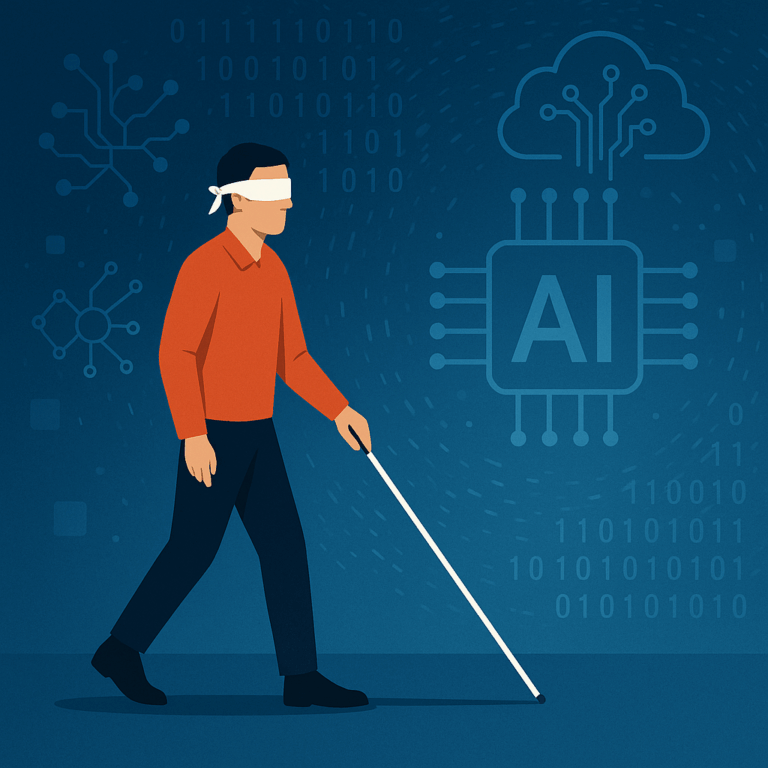Artificial Intelligence promises to solve problems, save us time, and open new horizons.
But behind its impressive capabilities lies a subtle danger: if you don’t know how to ask it properly, AI can mislead you and send you down the wrong path.
The Paradox of the “Smart” Answer
AI doesn’t know the truth. It doesn’t “understand” the way humans do.
What it does is generate convincing answers, based on probabilities, correlations, and patterns.
So if your question is vague, incomplete, or misleading, the output will often sound perfectly right — but it may be completely wrong.
The real risk isn’t silence.
It’s the wrong answer that feels correct.
Real-World Examples
- In research: Ask for “the best academic papers” without specifics, and you might get citations to papers that don’t even exist.
- In coding: Request “a login script,” and it may generate working code — but full of security flaws.
- In business: Ask for “market predictions,” and it might return generalities with no relevance to your local market.
Responsibility Shifts Back to Humans
AI doesn’t replace our judgment. If anything, it makes it more essential.
This means:
- Context matters. The more specific your query, the better the results.
- Verification is vital. Don’t trust the first answer — cross-check it.
- Know your tool. It’s not omniscient. It’s a probabilistic model, not a truth engine.
The Danger of the “Blind Guide”
When we rely on AI for everything without understanding how it works, we fall into the trap of false knowledge.
We believe we’ve learned something, but in reality, we’ve been carried away by an answer that’s fluent and appealing — yet fundamentally wrong.
And like following a blind guide, the problem isn’t obvious at first.
It only becomes clear when you realize you’ve ended up on the wrong road.
Conclusion
The value of Artificial Intelligence doesn’t lie only in the answers it provides. It lies in how it forces us to ask better questions.
Because — in life, as in AI — the right questions are often more important than the answers.



